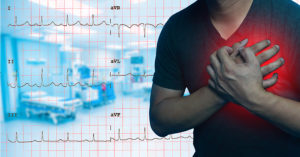 There is a good chance that you will feel a heart arrhythmia at some point in your lifetime. A large percentage of the population will experience abnormal heart beats. Most of the time these off beats are harmless. They can happen in perfectly healthy people who show no sign of heart disease. There are, however, some types of heartbeat abnormalities that can be serious and even potentially deadly. Heart disease also raises the risk of fluctuations.
There is a good chance that you will feel a heart arrhythmia at some point in your lifetime. A large percentage of the population will experience abnormal heart beats. Most of the time these off beats are harmless. They can happen in perfectly healthy people who show no sign of heart disease. There are, however, some types of heartbeat abnormalities that can be serious and even potentially deadly. Heart disease also raises the risk of fluctuations.
Heart rhythm disturbances are categorized 3 ways. Electrical, circulatory, and structural. Cardiologists can help to diagnose and treat disorders of the heart.
ELECTRICAL disorders:
Abnormal heart rhythms are caused by issues with the electrical system that regulates the usually steady heartbeat. The heart rate may be slowed or speeded up; it may stay steady or become chaotic (irregular and disorganized). Some arrhythmia types are very dangerous and cause sudden cardiac death, while others may be strange to feel, but not life threatening.
CIRCULATORY Disorders:
High Blood Pressure and coronary artery disease (causing blockages) are the main causes of blood vessel disorders. Circulatory issues such as these can result in a stroke or heart attack. Fortunately, there are many preventative and treatment options.
STRUCTURAL Disorders:
Heart muscle disease (cardiomyopathy) and congenital abnormalities (problems in the development of the heart and blood vessels which are present from birth) are two issues that can damage the heart muscle or valves.
What does an arrhythmia feel like?
Physically, what an arrhythmia feels like is a skipping, a quickening, a slowing, or even like you have just dropped over the first fall of a roller coaster where your heart pauses for a moment. If you notice this happening repeatedly it is advisable to check with a cardiologist to be sure that what you are experiencing is harmless and not something that needs to be looked at or treated.
If you are in the Tampa Bay area, the physicians at Tampa Cardiovascular Associates would like to offer their services. WWW.TAMPACARDIO.COM 813-975-2800. Give us a call to schedule your consultation and exam and find out for sure.

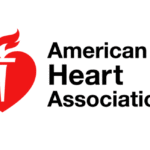
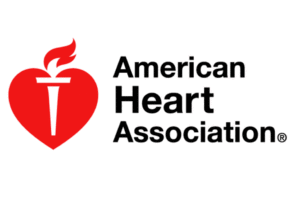 Lifestyle has a huge effect on your health and wellbeing.
Lifestyle has a huge effect on your health and wellbeing.
 Studies reveal that optimistic, happy, glass half full people are more likely to have good heart health as well.
Studies reveal that optimistic, happy, glass half full people are more likely to have good heart health as well.
 Dry vs. Wet Saunas – Are they good for you and can they help your heart?
Dry vs. Wet Saunas – Are they good for you and can they help your heart?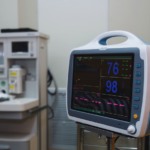
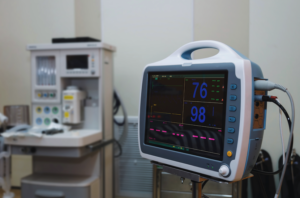 If your doctor has ever told you “You need an EKG”. You may know the feeling of confusion and worry both in an instant. We do not know how much medical knowledge each of our patients actually have come into our office. We don’t want to insult you by seemingly talking down to you, so sometimes we don’t explain as much as maybe we should.
If your doctor has ever told you “You need an EKG”. You may know the feeling of confusion and worry both in an instant. We do not know how much medical knowledge each of our patients actually have come into our office. We don’t want to insult you by seemingly talking down to you, so sometimes we don’t explain as much as maybe we should.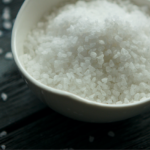
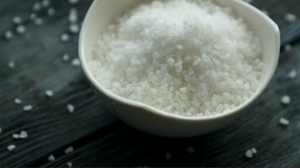
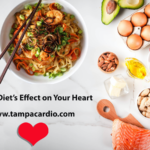
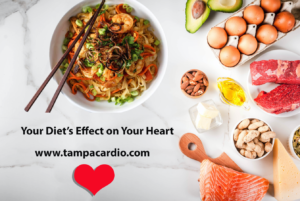 How much thought do you really give to what you are feeding your body? Many of us don’t give all that much thought. We buy food based on the fact that we enjoy it. The problem is that many of the foods we love the taste of do not contain the nutrients our bodies need in order to function.
How much thought do you really give to what you are feeding your body? Many of us don’t give all that much thought. We buy food based on the fact that we enjoy it. The problem is that many of the foods we love the taste of do not contain the nutrients our bodies need in order to function.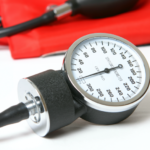
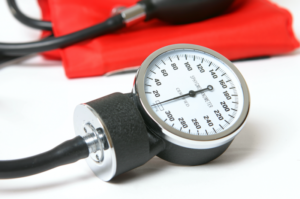 Blood pressure
Blood pressure Chiropractic care is a safe, alternative treatment when applied appropriately. Chiropractic treatments help in dealing with the symptoms of many conditions. Are you going to wait for your symptoms to be felt, or are you going to prevent them before they start?
Chiropractic care is a safe, alternative treatment when applied appropriately. Chiropractic treatments help in dealing with the symptoms of many conditions. Are you going to wait for your symptoms to be felt, or are you going to prevent them before they start?
 The answer is YES sugar can harm your heart when eaten in excess.
The answer is YES sugar can harm your heart when eaten in excess.
 Stress has a horribly negative effect on your body.
Stress has a horribly negative effect on your body.